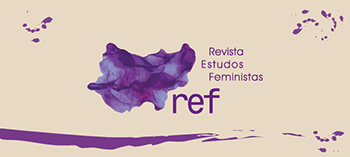The so-called sexual "minorities" are today much more visible than before. Accordingly, there is also more conflict between them and conservative groups. This confrontation, which should be observed closely by educators and students of culture, becomes even more complex if we consider that the great challenge is not to affirm that gender and sexual positions have multiplied and overcome all types of binarisms, but to admit that all borders are being constantly crossed over and that some social subjects live precisely on the border. There is, then, a new social dynamics in action in the gender and sexual movements (and theories). It is within this framework that we should understand queer theory. Acknowledging that an identity politics can become part of that very system which it wants to question, queer theorists propose a post-identity theory and politics. Taking their inspiration from the French post-structuralism, they critique the heterosexual/homosexual opposition, which they think is the central category organizing social practices, knowledge and relationships among subjects. What, after all, this theory has to say to the field of education?
queer theory and education; identity and post-identity politics; queer pedagogy

